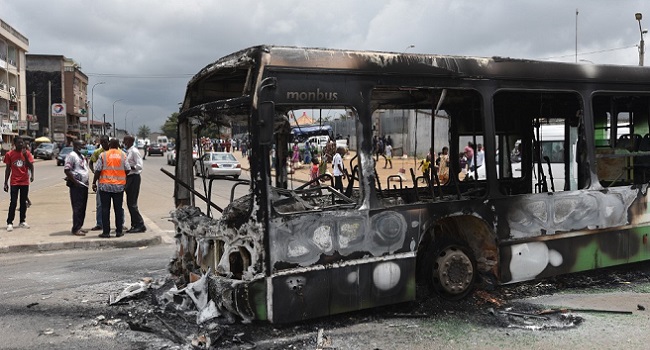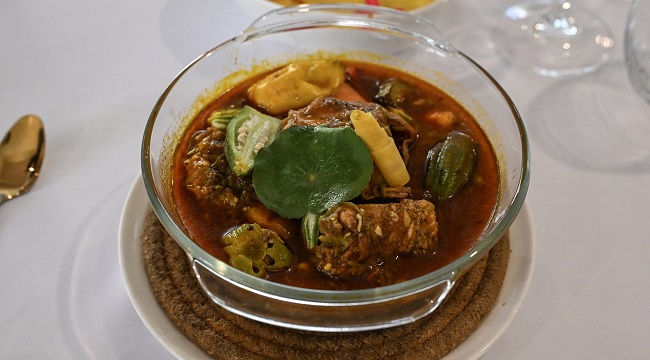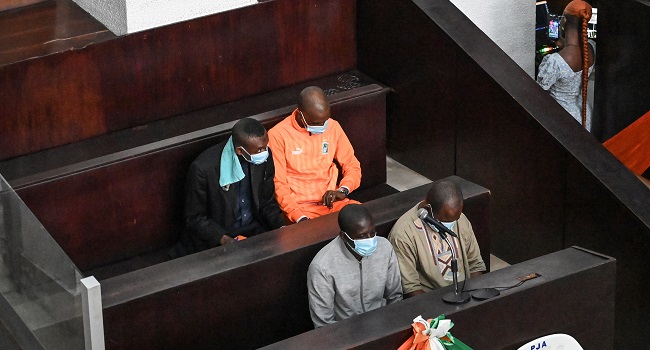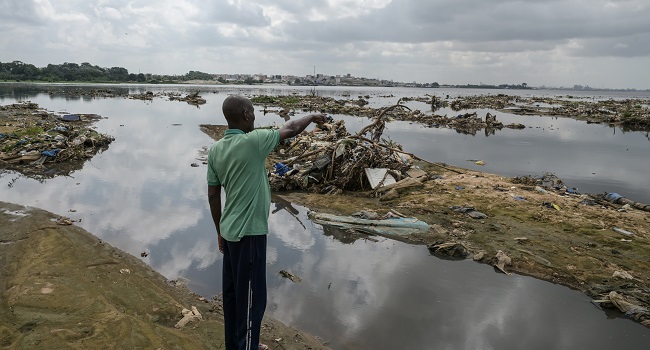
Opposition figures reacted angrily on Tuesday after Ivory Coast’s top court rejected 40 candidates for upcoming presidential elections, validating the contested bid of head of state Alassane Ouattara but sidelining his predecessor, Laurent Gbagbo.
Tensions in the West African state are running high ahead of the October 31 polls — more than 3,000 people died in post-election violence in 2010-11.
One of the four accepted candidates, former prime minister Pascal Affi Nguessan, said the country was “descending into a spiral of exclusion”, a phenomenon he described as “the most consummate sign of the regime’s tyrannical nature.”
Nguessan, 67, served under Gbagbo and heads the party he founded, although he is struggling to win over loyalists who want the former president to be their flagbearer.
Gbagbo was forced out by Ouattara after a brief civil war following the elections in 2010 and was then prosecuted by the International Criminal Court (ICC) on charges of crimes against humanity.
He was released by the ICC in January 2019 and lives in Brussels pending the outcome of an appeal against the ruling.
But Gbagbo’s application for the October 31 elections — submitted in his name by followers — was rejected by the Constitutional Council as he had been sentenced to a 20-year term in absentia last November over the looting of a regional bank during the post-election crisis.
Another notable rejection was an application by former rebel leader turned prime minister Guillaume Soro, 47, who fell out with Ouattara, and had been sentenced to 20-years in absentia over alleged embezzlement.
“The Constitutional Council missed a historic chance to show its independence,” Nguessan said in a statement.
He referred to a constitutional change in 2016 that enabled Ouattara to argue that the two-term limit on presidential tenure had been reset to zero — a rationale accepted by the court.
“It accepted the candidacy of the outgoing president, who is clearly ineligible, and refused those of Laurent Gbagbo and Guillaume Soro, who have been deprived of their civic rights out of purely political opportunism,” Nguessan said.
– Violence fears –
Ouattara, 78, had initially said in March that he would not seek a third term but was forced into a U-turn just four months later when his preferred successor, prime minister Amadou Gon Coulibaly, died of a heart attack.
Violent protests against Ouattara’s candidacy left around 15 dead last month, reviving memories of the post-election bloodshed nearly a decade ago.
Clashes broke out in several Ivorian cities on Monday ahead of the announcement by the Constitutional Council, while on Tuesday, the police presence in Abidjan was beefed up and security forces reinforcements were sent out to other regions.
Soro, reacting on Twitter late Monday, called the Constitutional Council’s ruling “unjust and baseless”.
“It is an iniquitous decision, politically motivated, legally flawed, and part of a process of crushing democracy and the state of law,” he said in a statement posted on Twitter and Facebook.
He said he would hold a press conference on Thursday in France, where he lives.
The Ivory Coast Democratic Party (PDCI), whose champion, 86-year-old former president Henri Konan Bedie, has been allowed to contest the polls, made no immediate response to the court’s decision.
But it said it would boycott elections to the offices of local election commissions on September 15 — a reflection of its long-running anger at what it says is a rigged electoral system.
AFP




